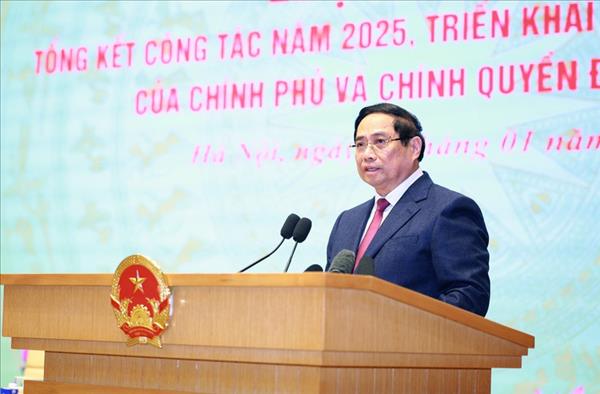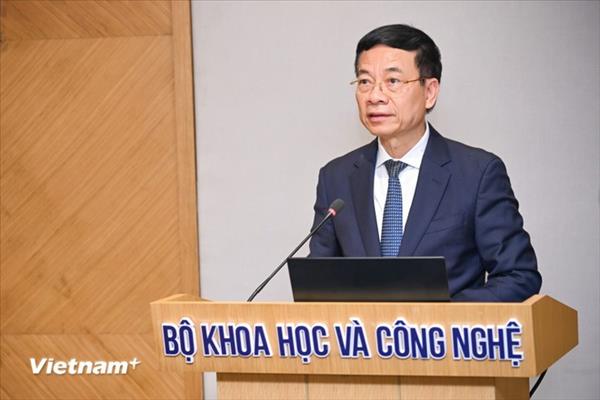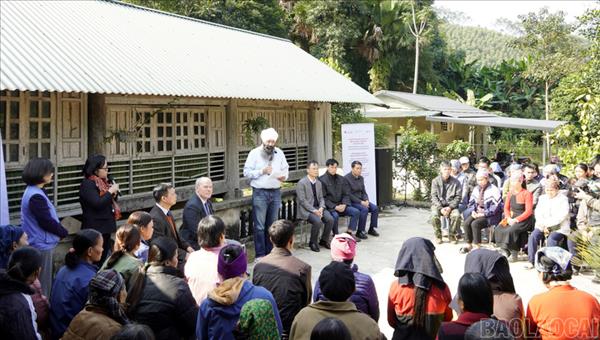Hanoi, April 15 (VNA) - Governance and public service reforms remain slow, as corruption continues unabated and citizens lack opportunities to participate in policy-making, a survey found.
The United Nations Development Programme (UNDP) and its partners released an annual survey the Vietnam Public Administration Performance Index (PAPI) on April 14. UNDP polled about 14,000 citizens across the country from different demographic groups.
It measured six dimensions: participation at local levels, transparency, accountability, corruption control, public administration procedures and quality of public services.
Seven out of every 10 people surveyed considered their current economic situation "normal" and six believed it improved in the last five years. Respondents saw little improvement in corruption at the provincial level, with nearly half saying bribes were required to get public sector jobs.
To receive better hospital services, 12 percent said they had to pay bribes. Almost one third of respondents with children in primary school also had to pay bribes. Nearly one in four respondents said they had to pay extra to get a land-use right certificate.
According to the researchers, these numbers have increased since 2012, indicating that corruption and bribery are on the rise.
"The pace of change is very slow in all six dimensions," said Jairo Acuna-Alfaro, UNDP Policy Advisor for Vietnam. "For further improvements, we want to think more creatively about what types of reform need to be addressed to increase the pace of change."
The survey also found that while citizens believed their local officials were gradually becoming more serious about controlling corruption (from 34 percent in 2011 to 38.7 percent in 2014), one in four said no serious efforts were being made and nearly two thirds didn't know about any efforts.
Land continued to be a hot-button issue, with about 16 percent of respondents aware of local land-use plans, a drop from 20 percent in 2013. Those who wanted to apply for land-use right certificate often had to wait a long time. About 34 percent said the waiting period was 100 days, as opposed to the 30 days specified by law.
Notably, citizens still saw a lack of transparency at the local level when it came to listing impoverished households, publishing the use of commune budgets, and local land-use planning and pricing.
More than a third of respondents knew about their commune's budget and only 16 percent were aware of local land-use plans. Five percent had the opportunity to comment on them.
The United Nations Development Programme (UNDP) and its partners released an annual survey the Vietnam Public Administration Performance Index (PAPI) on April 14. UNDP polled about 14,000 citizens across the country from different demographic groups.
It measured six dimensions: participation at local levels, transparency, accountability, corruption control, public administration procedures and quality of public services.
Seven out of every 10 people surveyed considered their current economic situation "normal" and six believed it improved in the last five years. Respondents saw little improvement in corruption at the provincial level, with nearly half saying bribes were required to get public sector jobs.
To receive better hospital services, 12 percent said they had to pay bribes. Almost one third of respondents with children in primary school also had to pay bribes. Nearly one in four respondents said they had to pay extra to get a land-use right certificate.
According to the researchers, these numbers have increased since 2012, indicating that corruption and bribery are on the rise.
"The pace of change is very slow in all six dimensions," said Jairo Acuna-Alfaro, UNDP Policy Advisor for Vietnam. "For further improvements, we want to think more creatively about what types of reform need to be addressed to increase the pace of change."
The survey also found that while citizens believed their local officials were gradually becoming more serious about controlling corruption (from 34 percent in 2011 to 38.7 percent in 2014), one in four said no serious efforts were being made and nearly two thirds didn't know about any efforts.
Land continued to be a hot-button issue, with about 16 percent of respondents aware of local land-use plans, a drop from 20 percent in 2013. Those who wanted to apply for land-use right certificate often had to wait a long time. About 34 percent said the waiting period was 100 days, as opposed to the 30 days specified by law.
Notably, citizens still saw a lack of transparency at the local level when it came to listing impoverished households, publishing the use of commune budgets, and local land-use planning and pricing.
More than a third of respondents knew about their commune's budget and only 16 percent were aware of local land-use plans. Five percent had the opportunity to comment on them.
VNA/VNP

















